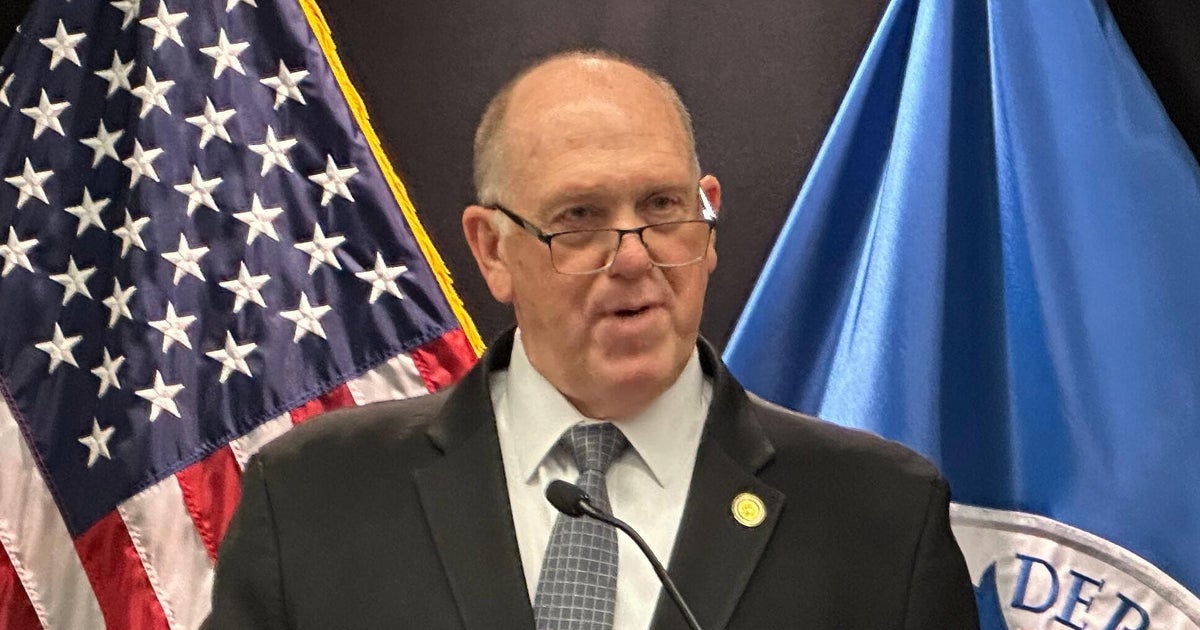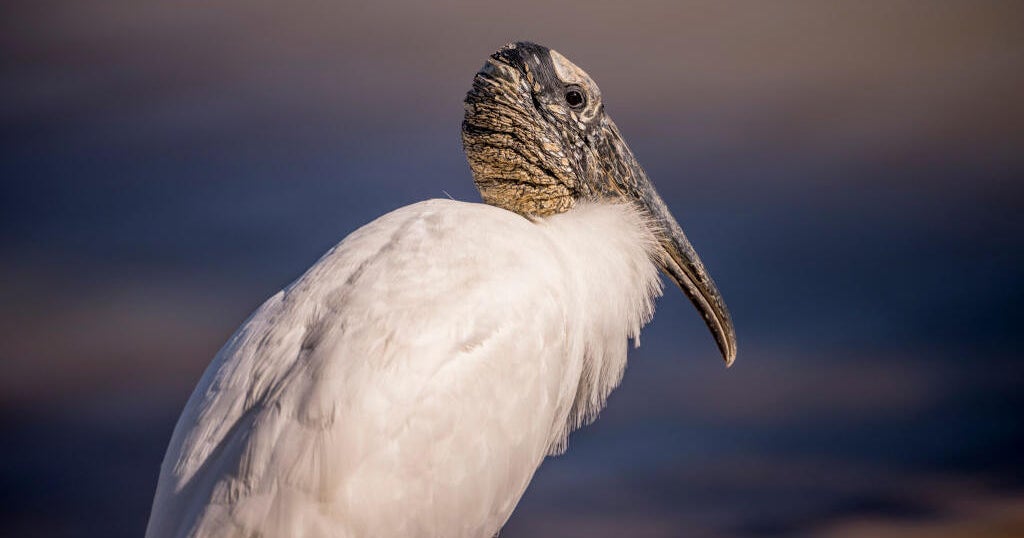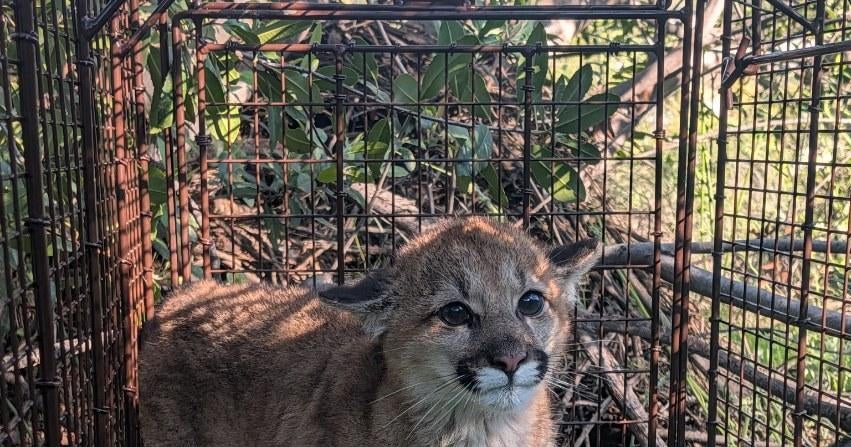Good Question: Why So Many Geese In Minn.?
MINNEAPOLIS (WCCO) -- There is something beautiful about a Canada goose, swimming majestically in one of Minnesota's lakes. But there is something less-than-beautiful about the deposits those geese leave all over our bike paths and walking trails. So why are there so many geese in Minnesota?
"The things we do to modify our habitat for our enjoyment benefit the geese as well," said Bryan Lueth, DNR Wildlife supervisor at the Carlos Avery Wildlife Preserve in Forest Lake.
He says things have changed over the past 50 years.
"Canada geese were protected from hunting, with the hopes, the population would establish -- and one day we'd have a population of a thousand," Lueth said. "They even published how-to guides to raise and restore Canada geese."
Clearly, we have far more than 1,000 today.
According to the Minnesota Department of Natural Resources, there are more than 300,000 Canada geese in Minnesota -- 25,000 are estimated to live in the Twin Cities.
"I think it's a combination of three things," Lueth said.
First: there was an intentional effort by the DNR and hunters to reintroduce the nearly extinct Giant Canada Goose.
"They were raised and released on purpose to restore the bird to its original habitat," he said. "A pretty significant effort by state wildlife agencies and sportsmen."
Second: the Minnesota habitat is ideal -- lots of lakes and lots of manicured lawns.
"The two most important ingredients for geese: open water for escape and grass to graze on," Leuth said.
Geese run to open water from the grass when a predator like a coyote or a dog threatens. When wildlife specialists reintroduced the goose, they didn't anticipate how well the goose would adapt to an urban environment, Leuth said.
The third factor: geese live longer than many wild birds, up to 10 years. And geese reproduce throughout their entire life. So according to the DNR, a lake with three pairs of geese can become 300 geese by the end of 10 years.
"They survive and their young survive longer, so there are more broods and more young produced," he said.
Minnesota does have a Canada goose hunting season, but you can't hunt in many cities. So some communities have tried rounding up the geese, to get them out of parks.
Letting a lakeshore lawn go native helps too, because that isn't easy for the geese to eat.
No doubt there is beauty in the geese.
"It's tricky finding that balance where we have enough to enjoy but not too many where they're interfering with our enjoyment of our parks," Lueth said.







